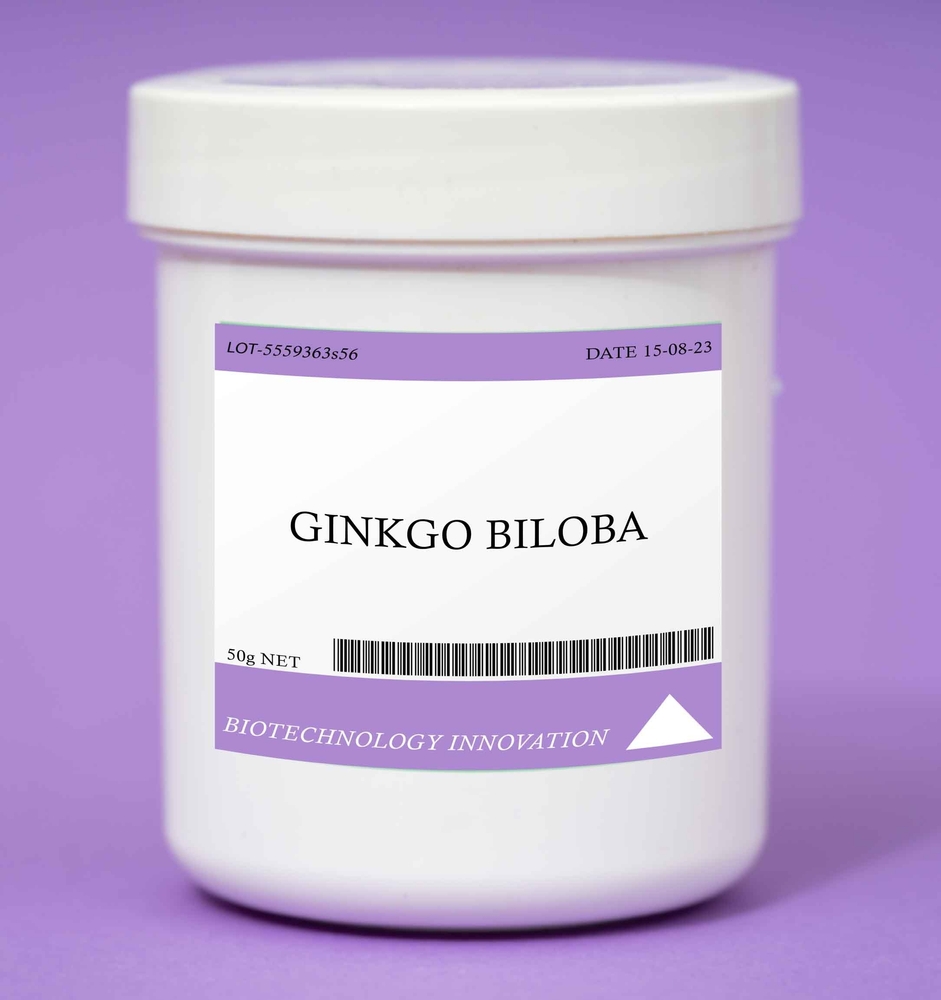Mythbuster: Ginkgo biloba does not protect against memory loss and dementia

Ginkgo biloba extract, made from the tree's leaves, is frequently promoted as a memory booster. However, it doesn't seem plausible that Ginkgo Biloba extract may stop or slow down age-related memory issues, or memory loss brought on by Alzheimer's disease or moderate cognitive impairment.
For older persons with dementia, several tiny, early trials revealed modest increases in cognitive performance. Several bigger trials, however, have not demonstrated that Ginkgo biloba extract reduces the course of cognitive impairment or Alzheimer's disease among older persons or prevents memory loss. Ginkgo biloba does not decrease cognitive ageing in persons with normal cognition or mild cognitive impairment.
Most specialists believe that Ginkgo biloba hasn't stayed true to its initial promise and don't advise using it as a memory enhancer, despite some studies showing minor increases in cognitive performance for persons taking the supplement.
Possible benefits:
a) Ginkgo works as an antioxidant and enhances the brain's circulation of blood. These outcomes may offer some advantages for specific medical issues, but they have proven inconsistent. According to several studies, Ginkgo may somewhat improve memory and cognitive speed in healthy individuals.
b) Studies on Ginkgo have indicated that it can aid in the treatment of memory issues brought on by dementia or Alzheimer's disease. Particularly if the dementia is suspected to be brought on by atherosclerotic vascular disease, it appears to help stop the advancement of the symptoms of dementia. However, it doesn't appear to stop dementia or Alzheimer's.
c) German researchers conducted a meta-analysis of nine trials in 2010 to determine if Ginkgo Biloba was superior to a placebo in preventing memory loss or Alzheimer's disease. Overall, they discovered that Ginkgo Biloba users were less likely to experience memory loss or Alzheimer's disease worsening than those who took a placebo. Ginkgo biloba was proven to aid memory loss in all nine research, however, some studies showed it to be more effective than others.
d) Results from a 2009 Cochrane review of 36 trials on the impact of Ginkgo Biloba on memory or dementia were mixed. Furthermore, just one of the four trials that were included in the Cochrane review and were the most current and best-constructed research discovered an advantage to taking Ginkgo.
e) There is strong evidence that Ginkgo may reduce artery-related leg discomfort. Other circulation issues could benefit as well, according to this. Ginkgo may also ease PMS symptoms including mood swings and breast soreness.
f) Multiple sclerosis, ADHD, depression and other psychiatric disorders, as well as tinnitus with a vascular origin have all been researched about Ginkgo. Although research has not yet proven that Ginkgo is useful in preventing high-altitude sickness, several people do use it for that purpose. Ginkgo has several potential uses, but further study is required.
Side effects and risks:
a) Ginkgo biloba side effects might include - nausea, diarrhea, dizziness, headaches, indigestion, restlessness and vomiting.
b) Ginkgo and other supplements should only be taken after seeing a doctor. As with any medicine, caution is required to avoid drug interactions and other hazards. Internal bleeding is made more likely when Ginkgo and even ibuprofen are taken together.
c) Ginkgo poses a potential for negative side effects in those with blood circulation issues or those using anticoagulants like aspirin.
d) Ginkgo should not be used by those using selective serotonin reuptake inhibitors (SSRI) since it inhibits monoamine oxidase, which decreases the efficiency of the drugs.
e) Additionally, Ginkgo can intensify both the beneficial and detrimental effects of monoamine oxidase inhibitors, a different kind of antidepressant (MAOI).
f) Ginkgo leaves contain long-chain alkylphenols, which are remarkably allergenic. Anyone who is allergic to poison ivy or other plants containing alkylphenols should avoid using ginkgo.
Conclusion:
Ginkgo products are nevertheless actively advertised and utilised despite the absence of well-controlled trials to support their effectiveness in the treatment and prevention of memory problems. Ginkgo leaf extract goods saw sales of $240 million in the US in 1997. For the treatment of dementia, cerebral decline, and peripheral arterial insufficiency, more than 5 million Ginkgo prescriptions are issued in Germany each year. The second most popular herbal/dietary supplement, according to a recent assessment of the patterns of pharmaceutical use among the ambulatory adult population in the United States, was Ginkgo Biloba leaf extract.






